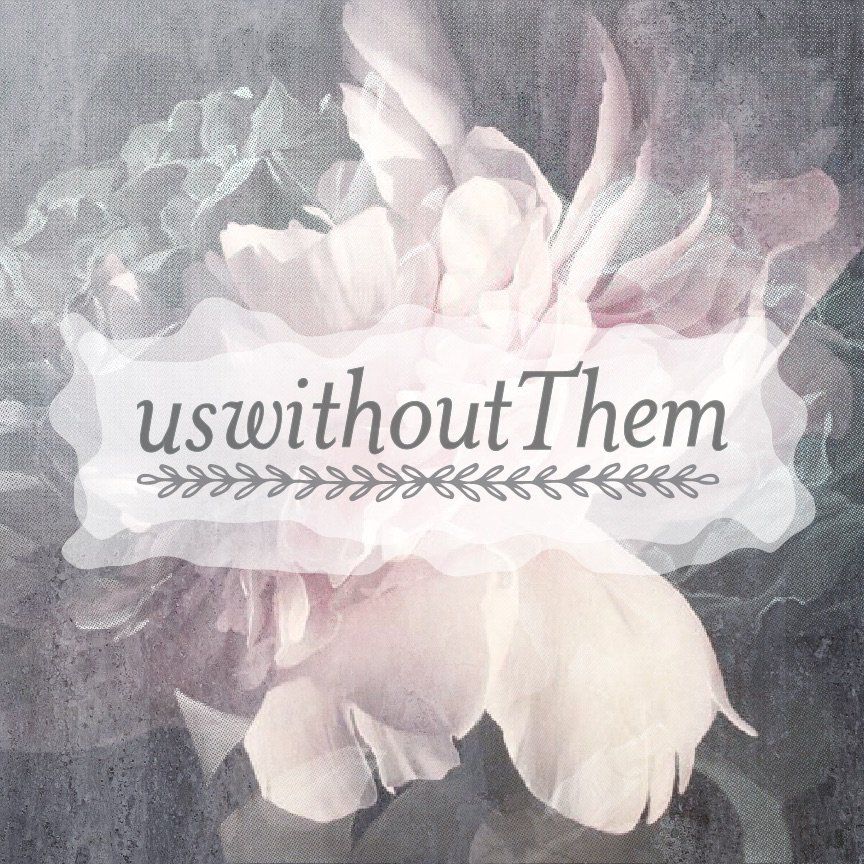S1|E3: Do you pay regular visits to yourself?
mewithoutYou’s entire full-length discography begins with the lines:
Let us die! Let us die!
And dying we reply
Most dedicated fans know that this is a reference to the 13th c. Persian poet, theologian, and jurist, Rumi, who was a Sufi Muslim. In this episode, we get into quite a bit about Rumi and Sufism, which is the primary form of Islamic mysticism, as well as the interesting juxtaposition of this specific poem and the words of the spurned and emotional lover who is narrating the song. But here, I want to point out that it’s worth reflecting a little further on those lines and the fact that they begin the entire catalogue.
As we say in the episode, the poem from which these lines are taken, “A Mouse and a Frog,” is about friendship and divine proximity, emphasizing the idea that those who are in close relationship never schedule time to visit one another. Rather, they are always together, like two bells on a camel. So toward the end of the poem when Rumi asks, “Do you pay regular visits to yourself?” the question is rhetorical. Given the rest of the poem’s figurative language, the answer is obviously “No” (contrary to many self-care blog appropriations of this line!) You are always with yourself, so to speak. You don’t schedule time with yourself, because you are yourself.
But Rumi also instructs us not to answer, which seems odd since the answer to the question seems so obvious. Yet immediately after posing the question, he tells us:
Don’t argue or answer rationally
Let us die, and dying, reply
We discuss, at length, the meaning of “dying” as it’s used in the track. The narrator knows what he is supposed to do, and yet he can’t: “Oh don’t you tell us about your suffering! Now look in our eyes! Look in our eyes!” We’re not really given a chance to reflect on what Rumi might be doing at the end of this poem because the narrator of “Bullet to Binary” moves on so quickly. There are good narrative reasons for why the narrator does this, which we discuss in the episode.
But reflection on what Rumi is saying in the poem is going to matter a lot later on in the mewithoutYou discography. I’ll just make one point illustrating that.
Strangely, Rumi’s admonishment appears to cut against the very idea of that seemingly obvious answer mentioned above: Why must my self “die” in order to comprehend that I am myself? One answer might be that, despite the seeming irrationality of this idea, the existence and experience of “self” is not really what matters here for Rumi. If experience of the divine is the goal, then we allow our “self” to be vacated, thus becoming a vessel for the divine experience.
“Oh, my God I do not exist, we faithfully insist…”
Show Notes
Music
John Carpenter, “Halloween Theme - Main Title”
Saves the Day, “Rocks Tonic Juice Magic”
Henry Purcell, “When I Am Laid in Earth, Dido’s Lament” from Dido and Aeneas
Henry Purcell, “O Let Me Ever, Ever Weep“ from The Fairy Queen
Reading
